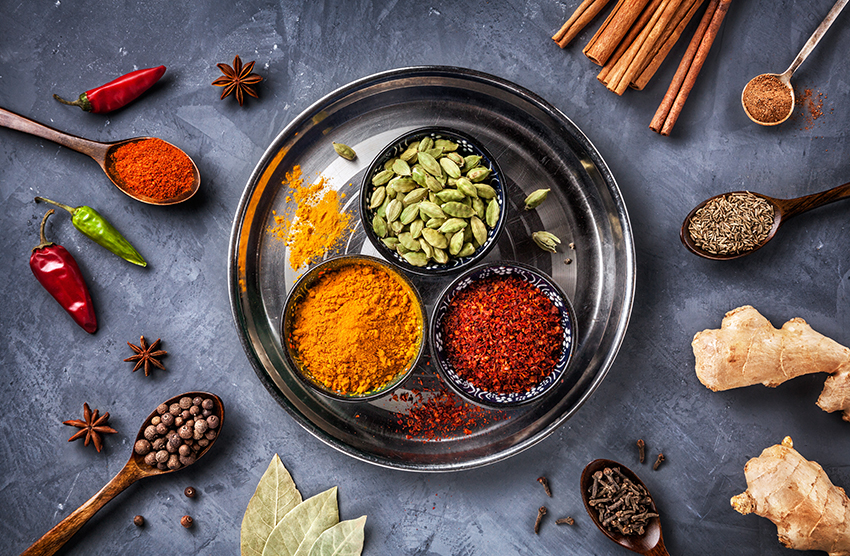Do you suffer from oxidative stress? To help you answer this question, today I’ll conclude with the tenth topic of our article series, Food as Medicine. I’ll tell you more about how you can fight the free radicals that attack your cells as a natural occurrence of oxidation.
When you breathe, you’re constantly producing free radicals: these are active molecules that are derived from oxygen (about 2% of the oxygen you breathe in) that speed up cellular aging when too many are produced, or when your body doesn’t have enough protection systems. Once again, everything a matter of balance: for example, you need to produce free radicals in small amounts to ensure healthy immune system function, but not too many so that they don’t start attacking your own cells.
As such, in order to protect itself, your body has internal protection systems, called enzyme complexes, which depend not only on the presence of certain minerals (zinc, selenium, manganese and copper), but also on nutrients from your diet. These include antioxidants, vitamins A, C and E and polyphenols. When you don’t get enough antioxidants in your diet, you promote oxidative stress and, consequently, cellular aging as these components oxidize.
As such, free radicals not only attack your DNA’s structure, promoting carcinogenesis, but also the protein and lipid structures that cause a loss of cell function. This is how oxidized cholesterol is an essential determining factor in preventing cardiovascular disease: in fact, cholesterol oxidized by oxidative stress increases your risk of atherosclerosis and cardiovascular disease in general, more than LDL-cholesterol (which is wrongly called “bad cholesterol”).

After having read these articles, now you know that good health is closely related to the quality of your diet, especially when you regularly eat a diet that:

To eat a diet that’s close to the one our ancestors ate is an ideal solution to eating a diet that agrees with our genetic make-up, knowing that this diet has to be adapted to the current environment in which we evolve… all this while taking the time to chew, savoring your meal with family and friends and without narrow-mindedness. Enjoying your food should be an integral part of your eating habits, and that’s your best medicine!
Join the 7 million users already registered on FizzUp
Join us